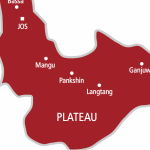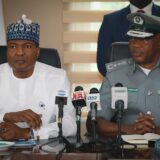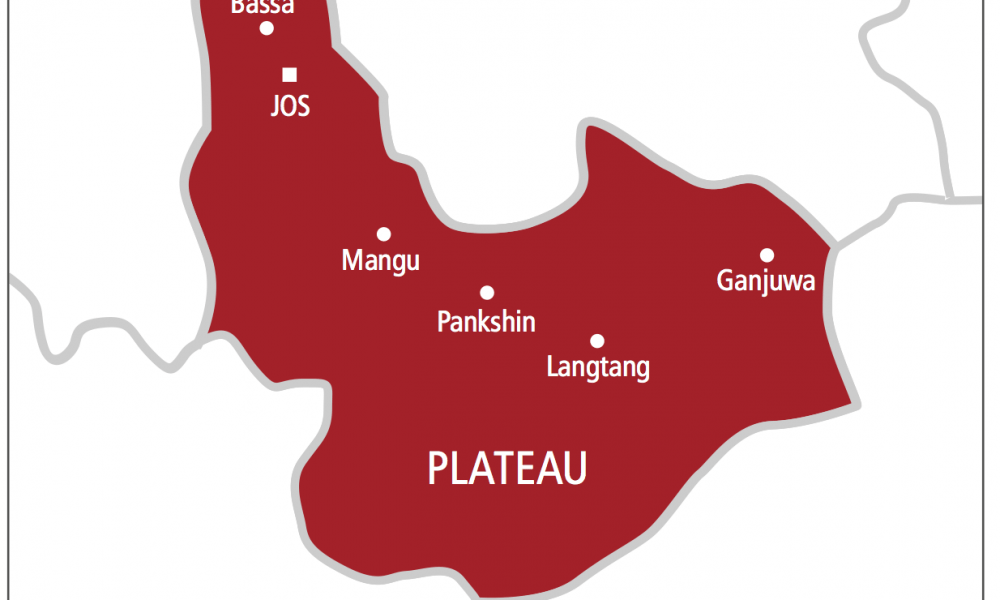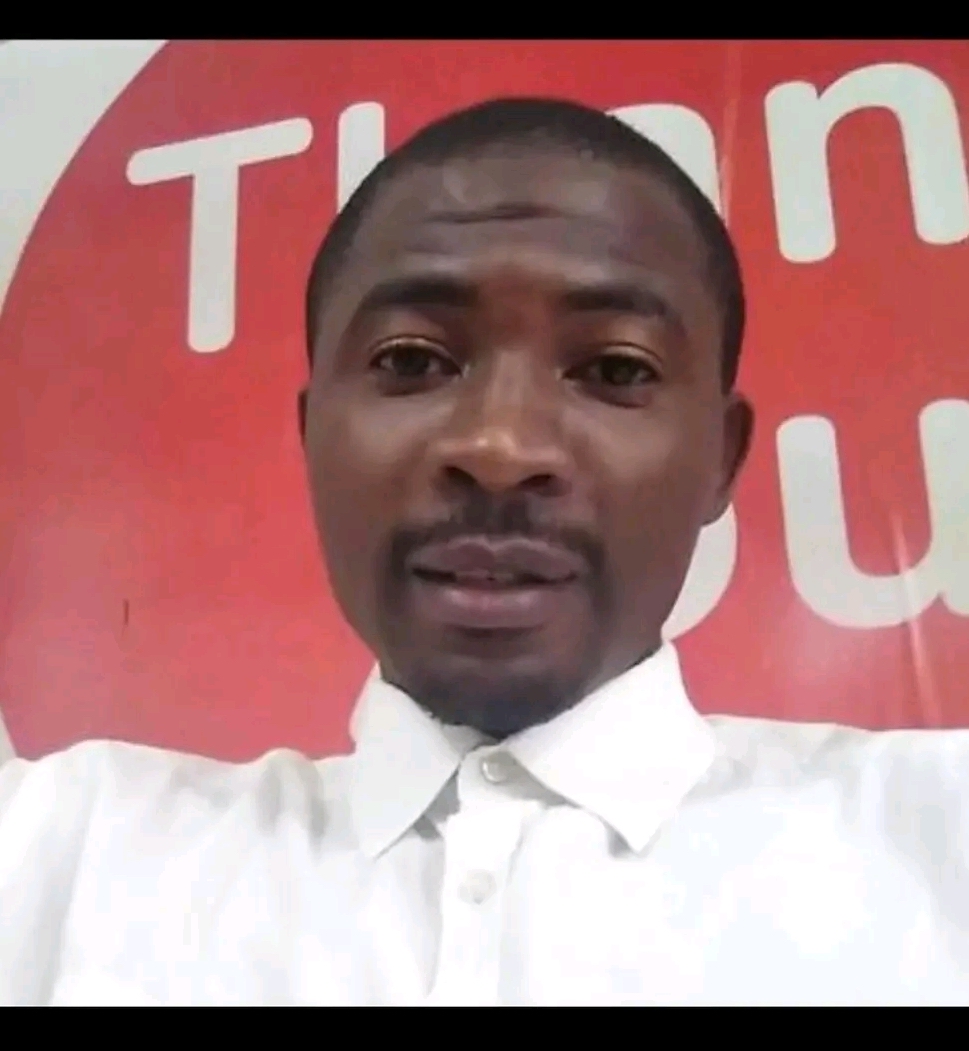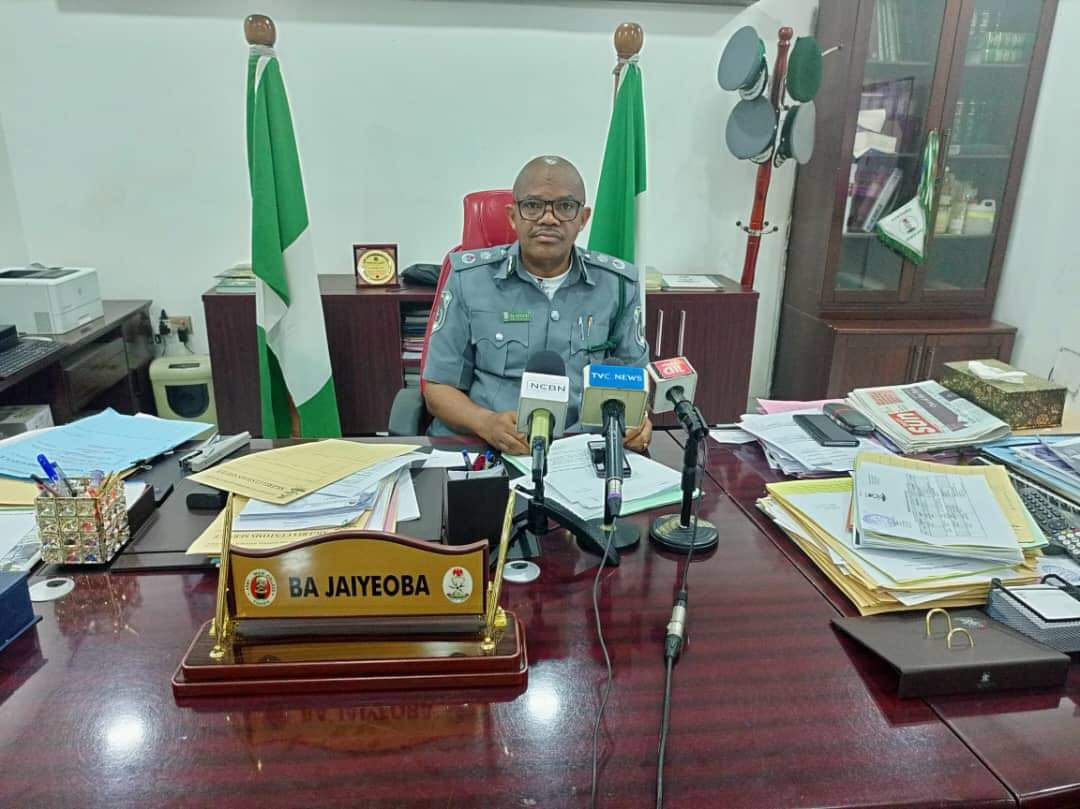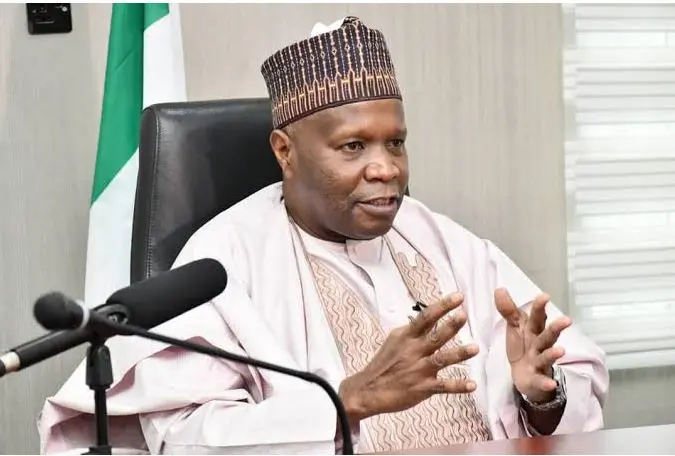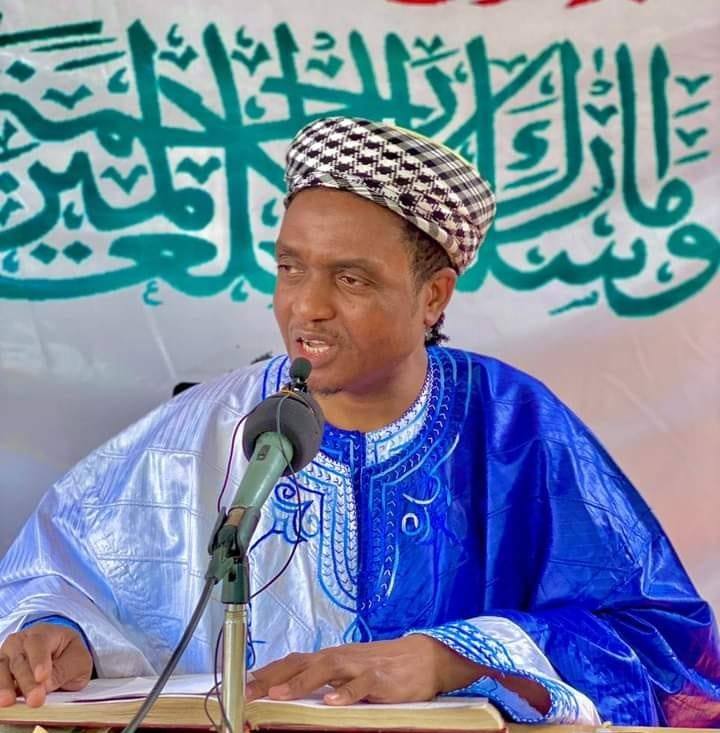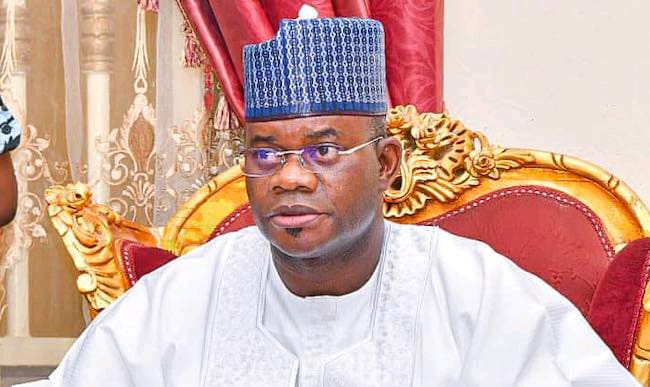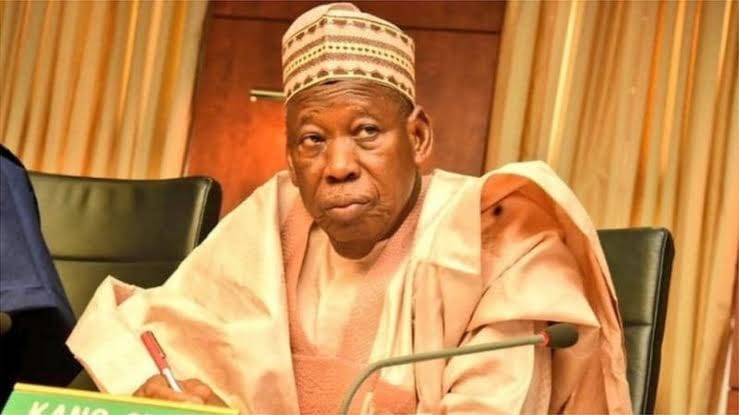Arrest made in brutal murder of elderly couple in Abuja
By Uzair Adam Imam Authorities in the Federal Capital Territory (FCT) have announced the apprehension of a suspect in connection with the tragic killing of an elderly couple, Adebola Ezekiel,…
Fresh violence claims lives in Plateau communities
By Uzair Adam Imam Tragedy struck yet again in Plateau State as communities in the Mangu and Bokkos local government areas fell victim to renewed attacks, resulting in an undisclosed…
Academic slavery in school: A must-halt journey
By Sulaiman Mohammed Education is often regarded as the foundation of every society, the key to unlocking prosperity and success for nations and individuals alike. Yet, despite its importance, the individuals…
Customs CG, VoN strengthen partnership to raise public awareness
By Sabiu Abdullahi The Comptroller-General of Customs (CGC), Bashir Adewale Adeniyi, paid a courtesy visit to the Voice of Nigeria (VON) Corporate Headquarters on Wednesday, April 17, 2024, reinforcing the…
Nigeria Customs Service mourns fallen officer, promises to tighten border security
By Sabiu Abdullahi The Nigeria Customs Service (NCS) has announced with deep sorrow the tragic passing of Customs Assistant II Auwal Haruna. According to a statement signed on Wednesday by…
Call for Accountability: Reallocating priorities in Gombe State budget allocation
By Muhammad Umar Shehu The recent budget allocation by Governor Inuwa Yahaya of Gombe State has sparked concerns among citizens, particularly regarding the disproportionate allocation of funds. While a significant portion…
Prominent clerics who made my days during 1445 A.H Ramadan (III)
By Isma'il Hashim Abubakar Shaykh Musal Qasiyuni was the third among the scholars whose lessons I listened to throughout Ramadan. I was attracted to his lessons almost two decades ago, much…
Adam A. Zango and matters arising in Kannywood
By Usman Abdullahi Koli, ANIPR Adamu Abdullahi Zango, also known as Prince Zango, is a famous Kannywood figure. Adam has been acting in Hausa films for over 20 years. Zango…
Court restrains EFCC from arresting Yahaya Bello
By Uzair Adam Imam The High Court in Lokoja, Kogi State, has issued a restraining order against the Economic and Financial Crimes Commission (EFCC), preventing them from violating the fundamental…
Kano High Court upholds suspension of APC N/Chairman
By Uzair Adam Imam The High Court of Kano State has upheld the suspension of Dr. Abdullahi Umar Ganduje, the National Chairman of the All Progressives Congress (APC), as a…

